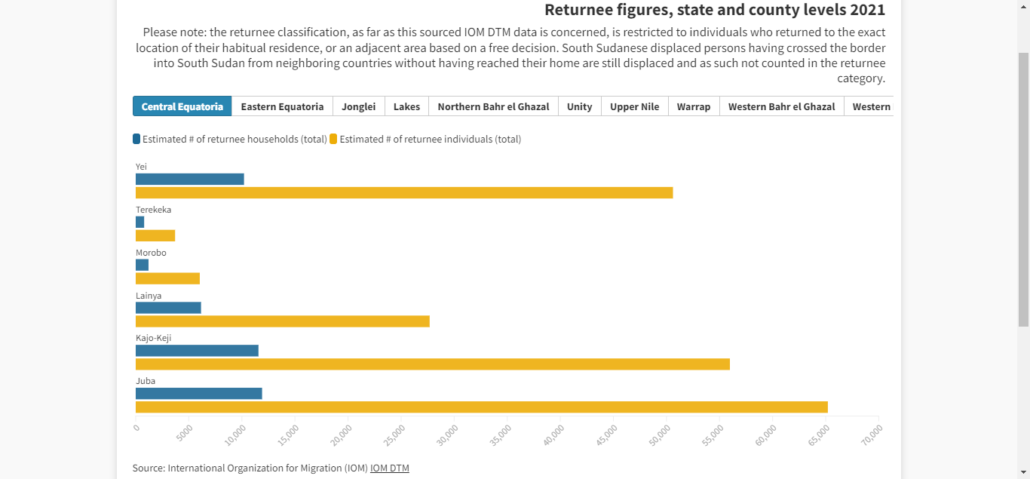Fact-Check: This picture is not of a Yei girl married to a Whiteman.
211 Check investigated a photo purportedly of a Yei girl married to a white man and discovered it to be FALSE. Korra Obidi is a Nigerian dancer who recently gave birth to her second child. She is not a Yei South Sudanese.
By 211 Check
A Facebook photo purportedly of one Miss Ajonye from Yei, Central Equatoria State, South Sudan, with her “kawaja” husband is deceptive.
The picture was shared on Wednesday this week with the caption, “First Yei Girl to be married to Kawaja and gat two baby boys. Congratulations Ajonye. Minori is proud. The whole South Sudan is happy for you.”
But, is the lady in the picture from Yei, South Sudan? We checked it.
Findings:
A reverse image search, returned results of the same picture depicting the incident involving a Nigerian lady.
The picture shows Korra Obidi, a Nigerian dancer and her husband Justin Dean. They have been married for four years and she had given birth to their second child.
Conclusion:
211 Check has looked into a photo purportedly of a Yei girl married to a white man and finds it to be FALSE. The photo is of Korra Obidi, a Nigerian dancer who had given birth to her second child. She is not a South Sudanese from Yei
#FactsMatter, Don’t be a victim of fake news; instead, let’s fight misinformation on both mainstream and alternative media. To avoid spreading false information, don’t share content you’re not sure about or don’t know where it came from.
To learn more about our fact-checking process, go to https://211check.org/how-to-fact-check/ or send us a WhatsApp message at +211 917 298 255 to present a claim, and our team will immediately fact-check it and respond.
This fact-check has been produced as part of our incubation program under Code for Africa.



